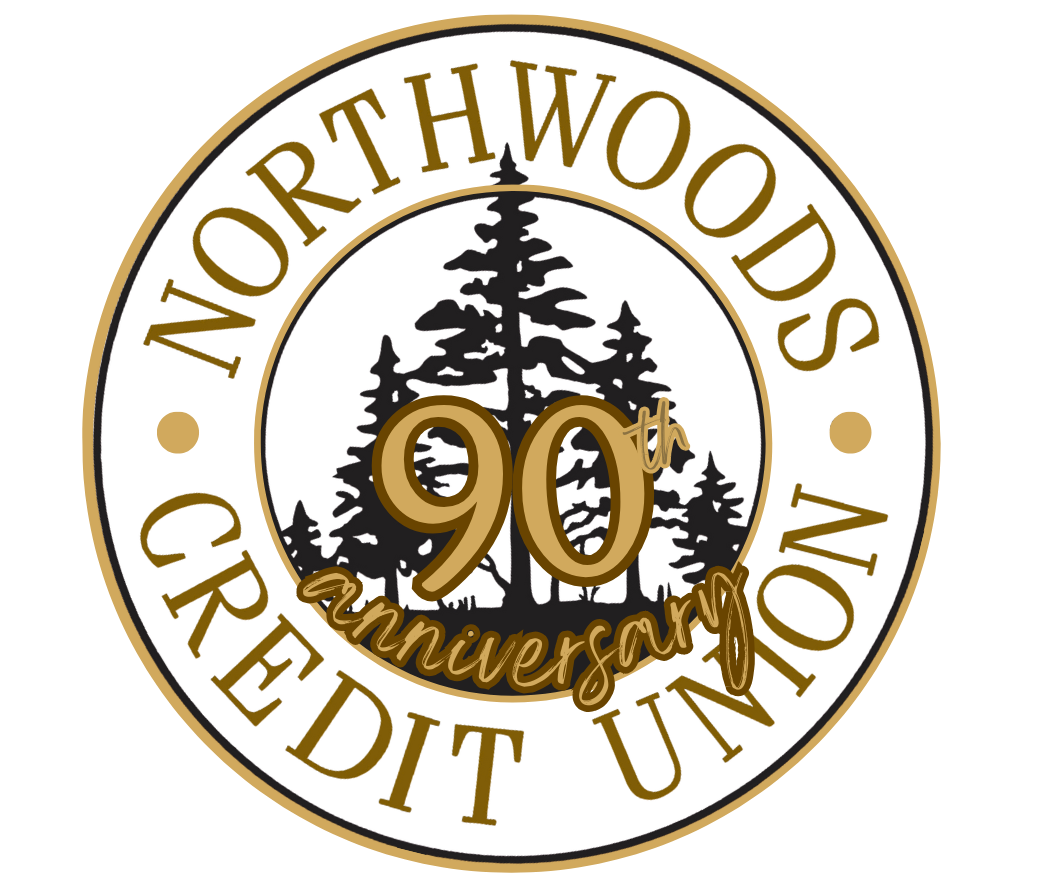Mortgage. Credit Cards. Home equity. In tough times, it’s more important than ever to develop and maintain good financial habits. Having a household budget and shedding high-rate credit card debt are two obvious things that could benefit most consumers. But figuring out where to start can be a daunting task—especially if you feel like you’re already in trouble. The thing to remember is that it’s never too late to ask for help from your credit union.
Manage your mortgage
If you have an adjustable rate mortgage (ARM) and are facing a rate adjustment, refinancing your home loan with your credit union might be the break you need. If you qualify, you could:
- Refinance into a fixed-rate 30-year (or shorter-term) mortgage.
- Refinance into a new ARM that has terms better suited to your situation.
Even if you have a fixed-rate home loan, refinancing may free up some money you could use to:
- Pay down more expensive debt—credit card bills, for example.
- Build your emergency fund for unexpected expenses, such as car repairs or a new furnace.
Tap your home’s equity
A home equity line of credit can be a useful cushion if you’re not already overloaded with debt.
- You can set it up and never draw on it but have the comfort of knowing it’s there if needed.
- If you’re already tapped out, borrowing more is not the answer.
Cut credit card costs
Not all credit cards are created equal. Switch to a credit union credit card—they average more than two percentage points lower than bank credit card interest rates, and often have lower fees as well.
- Pay on time, no exceptions
- Whenever possible, pay the balance each month. When you have to stretch payments, pay in as few months as you can manage.
- Avoid cash advances—the interest rate on these is higher than on straight purchases.
Pass up payday loans
Payday lenders promise to help when you’re short on cash. You’ll get the money you need, but with interest rates from 300% to 1,000%.
- See what it really costs to borrow from a payday lender, and
- Visit your credit union—Credit unions offer payday loan alternatives with fairer terms and lower interest rates, such as short-term signature loans and low-cost cash advances.
Use direct deposit
Direct deposit will help you to save automatically. You simply need to it set up to place a certain amount or a percentage into your checking account and another amount into your savings. It gives you:
- One less thing to worry about; it’s the safest way to receive your money,
- An easier and more convenient way to contribute to IRAs (individual retirement accounts) and other savings vehicles, and
- More control over your money and your time—it’s predictable and dependable.
Steer clear of scams
Some scammers use negative economic news to scare investors into high-risk investments. They use investor fears to promote sketchy schemes with promises of high return and no risk that leave investors with nothing but empty wallets.
- Hang up on aggressive cold callers
- Delete unsolicited e-mails promoting investment opportunities.
As member-owned not-for-profit institutions, credit unions look out for their members’ best interests. Credit unions rates and fees can save their members hundreds of dollars annually. Don’t wait until you’re in deep trouble to ask for a financial checkup at your credit union. In fact, the earlier you ask for a review, the better the outcome can be.
Want more financial tips and news? Click here!Article courtesy of CUNA.

